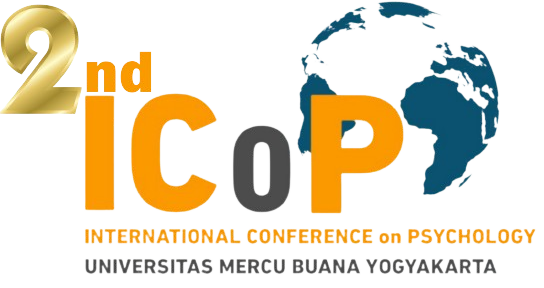Psychological Capital's Influence on Subjective Career Success Among Millennials in Yogyakarta's Retail Industry
Abstract
This study aims to explore the relationship between psychological capital and subjective career success among millennial employees in retail companies in Yogyakarta. The hypothesis posits a positive correlation between psychological capital and subjective career success among these employees. The subjects of this study were 170 individuals aged between 22 and 30 years. Data collection was conducted using the Psychological Capital Questionnaire (PCQ-24) and the Subjective Career Success Scale (SCS). The data analysis technique employed was Karl Pearson's product moment correlation. The findings indicate a significant positive relationship between psychological capital and subjective career success, with a correlation coefficient (rxy) of 0.727 and a p-value of 0.000. The acceptance of this hypothesis reveals a determination coefficient (R²) of 0.525, meaning that psychological capital accounts for 52.5% of the variance in subjective career success among millennial employees in Yogyakarta's retail sector.
Keywords: Psychological Capital, Subjective Career Success, Millennial Employees



